Search Images
Browse Content (p. 1330)
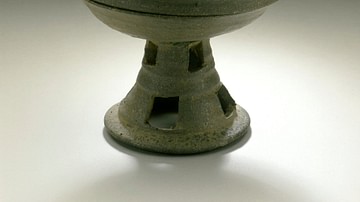
Image
Silla Kobae Bowl Stand
A stoneware bowl stand from the Silla kingdom of ancient Korea, often called kobae. They were used to store foodstuffs and the lid could be inverted and serve as an extra dish. 5th to 7th century CE. (Los Angeles County Museum of Art)
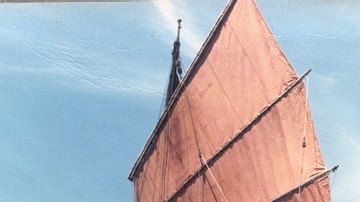
Image
Junk Ship
The junk ship Bedar Burong Bahri (1980 CE) built on a design used for centuries in East Asian sailing vessels.

Image
Map of East Asia
A map of East Asia showing China, Korea and Japan.
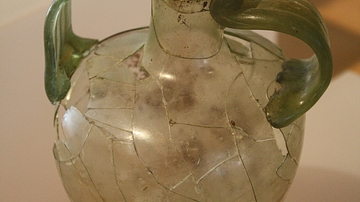
Image
Roman Two-Handled Glass Vase
A Roman two-handled glass vessel. 4th century CE, from the Necropolis de l'Avinguda de la Constitucio, Valencia. (Archaeological Museum, Valencia, Spain)
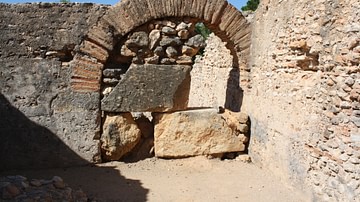
Image
Roman Baths Furnace
The remains of the furnace which heated the private baths at the Roman villa of Els Munts, Tarraco (Tarragona, Spain). 1st century CE.
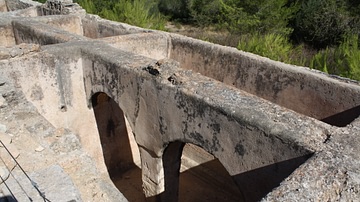
Image
Roman Water Reservoir
A large water reservoir from the Roman Villa of Els Munts, Tarraco (Tarragona, Spain). 1st century CE.
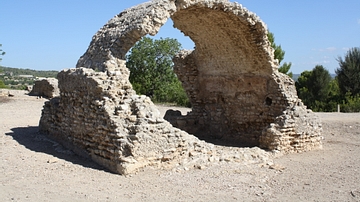
Image
Roman Water Reservoir
The remains of a large water reservoir at the Villa of Els Munts, Tarraco. 1st century CE. (Tarragona, Spain).
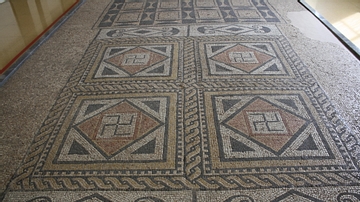
Image
Roman Swastika Floor Mosaic
A Roman floor mosaic with geometrical designs and swastikas. 2nd-3rd century CE, Tarraco. (Archaeological Museum of Tarragon, Spain)
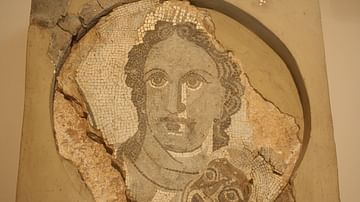
Image
Roman Mosaic of Thalia
A Roman mosaic of Thalia, Muse of comedy. 2nd century CE, Tarraco. (Archaeological Museum, Tarragona, Spain)
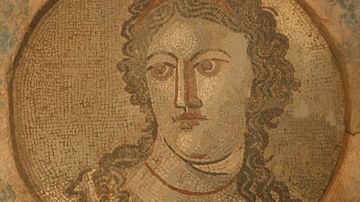
Image
Roman Mosaic of Mnemosyne
A Roman mosaic of the Titan Mnemosyne (Memory), mother of the nine Muses. 2nd century CE, Tarraco. (Archaeological Museum, Tarragona, Spain)